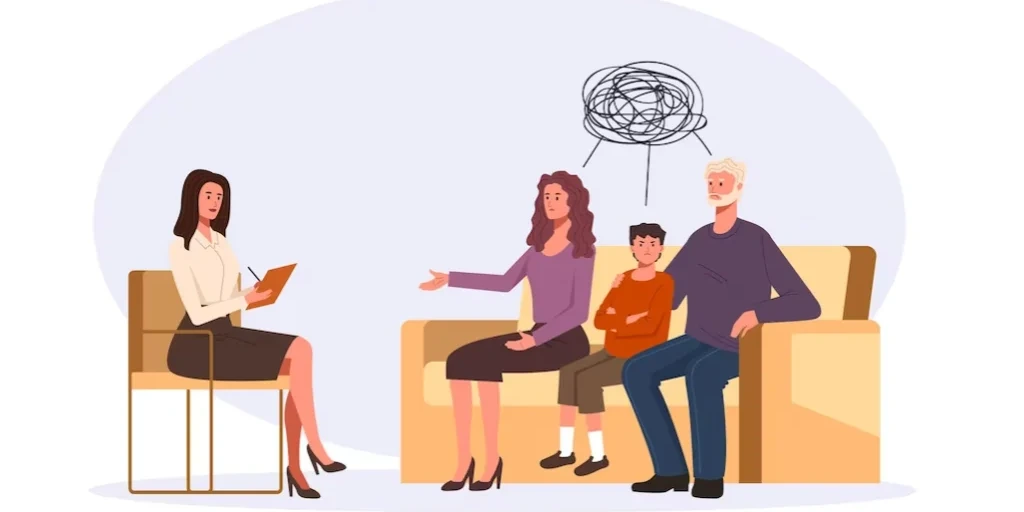24/7 Helpline:
(866) 899-221924/7 Helpline:
(866) 899-2219
Learn more about Eating Disorder Treatment centers in Blooming Prairie
Eating Disorder Treatment in Other Cities

Other Insurance Options

Meritain

State Farm

Sutter

Covered California

Access to Recovery (ATR) Voucher

Health Choice

WellPoint

Molina Healthcare

EmblemHealth

Aetna

Magellan

Horizon Healthcare Service

CareFirst

Private insurance

BHS | Behavioral Health Systems

Kaiser Permanente

CareSource

Optum

Medical Mutual of Ohio

Optima

Beauterre Recovery Institute
Beauterre Recovery Institute is a private rehab located in Owatonna, Minnesota. Beauterre Recovery I...

South Central Human Relations Center – Dual Recovery Program
South Central Human Relations Center – Dual Recovery Program is a non-profit rehab located in Owaton...

Owatonna Hospital – Behavioral Health
Owatonna Hospital – Behavioral Health is a private rehab located in Owatonna, Minnesota. Owatonna Ho...

West Hills Lodge
West Hills Lodge is a private rehab located in Owatonna, MN. West Hills Lodge specializes in the tre...





































Safe Harbour
Safe Harbour is a private rehab located in Owatonna, Minnesota. Safe Harbour specializes in the trea...































